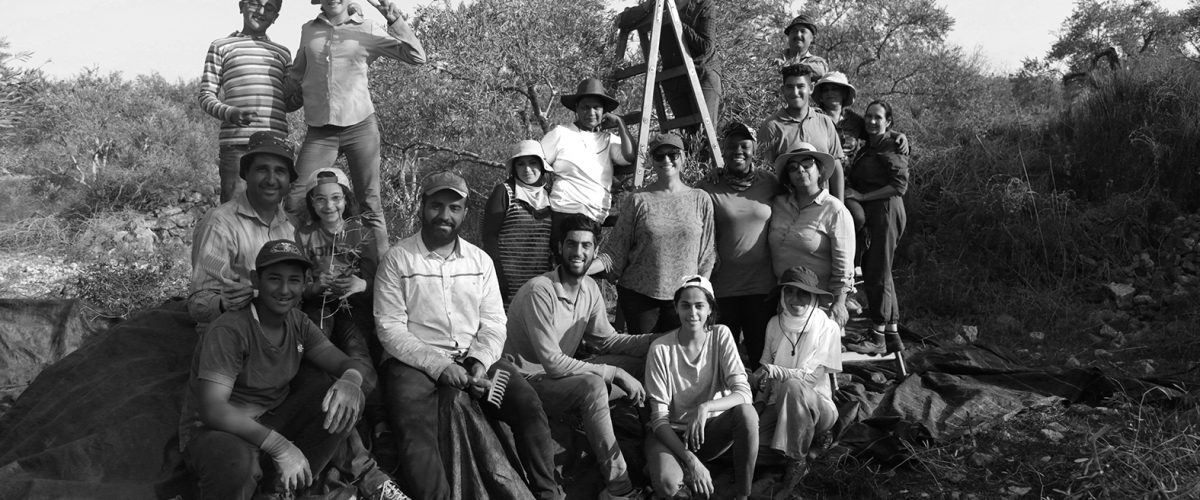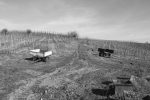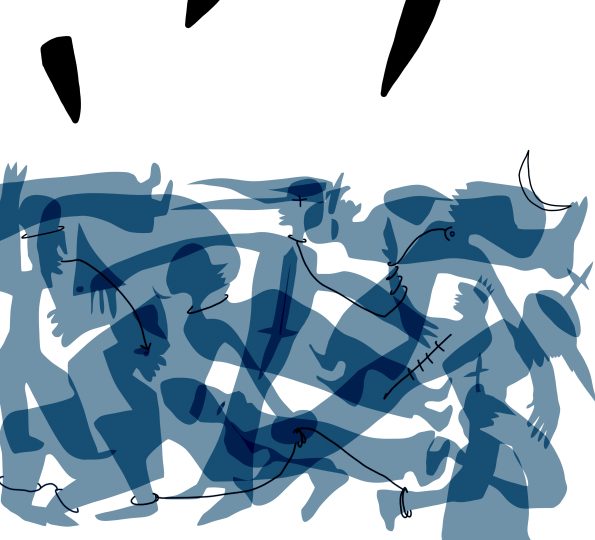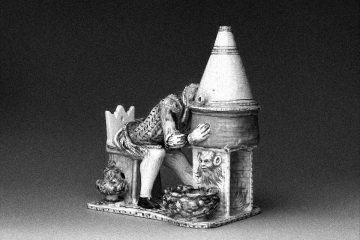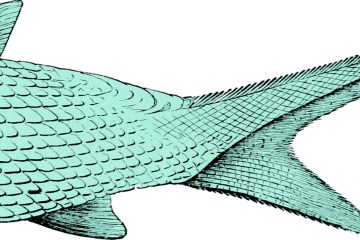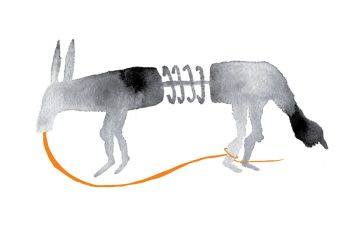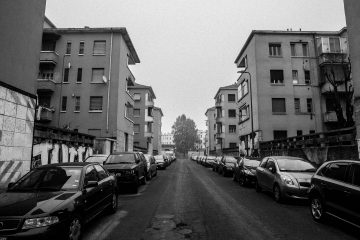English version below
Nel mese di gennaio, alla Casa Bianca, il presidente americano Donald Trump ha svelato il suo Deal of the Century, a fianco del primo ministro israeliano Benjamin Netanyahu. Questo piano avrebbe il proposito di risolvere il conflitto fra israeliani e palestinesi e raggiungere così la pace. Durante la cerimonia organizzata per l’annuncio del Deal, la delegazione palestinese era assente.
Testo e foto di Fareed Taamallah, traduzione di Maria Elena Fantoni
Sin dal momento della sua pubblicazione, i leader palestinesi hanno rifiutato il piano di Trump, Deal of the Century, dato che la soluzione proposta favorisce fortemente gli interessi israeliani ignorando completamente quelli palestinesi.
Sebbene Mr. Trump non abbia il diritto di assegnare a Israele terre di proprietà degli agricoltori palestinesi, il suo piano ha dato di fatto il via libera ad Israele ad annettere a sé gli insediamenti illegali della West Bank (Cisgiordania). Credo non sia affatto una coincidenza che questo Dealof the Century sia stato rivelato proprio nel momento in cui Trump e l’amico Netanyahu concorrono alle elezioni e contemporaneamente si trovano ad affrontare accuse di corruzione.
Il piano di Trump divide i territori palestinesi della Cisgiordania in tre bantustan** separati: il primo al nord include le città di Jenin e Nablus, il secondo più centrale comprende Ramallah e Jerico e il terzo Bethlehem e Hebron. Gaza è invece un bantustan a sé stante. Tutto ciò significa che il territorio palestinese, che dovrebbe andare a costituire il futuro Stato della Palestina secondo la Soluzione dei due Stati, viene spaccato e diviso in parti separate connesse solo da tunnel e ponti. Il resto del territorio, inclusa la valle del Giordano e i suoi insediamenti, sarà annesso a Israele. Non si avrà la creazione di nessuno Stato territorialmente contiguo e autonomo.
La maggior parte dei terreni sui quali sono costruiti gli insediamenti israeliani è di proprietà di palestinesi, perlopiù agricoltori, eredità dei propri avi. Questi agricoltori saranno costretti a smettere di coltivare le proprie terre, soltanto a causa della volontà di Trump di vincere le elezioni e del suo supporto al primo ministro israeliano Netanyahu. I politici israeliani hanno da sempre utilizzato le sofferenze dei palestinesi durante le loro campagne elettorali e causato ancora più sofferenze per vincere più voti.
Come agricoltore palestinese proprietario di terre nell’area C, circondata da insediamenti israeliani, soffrirò estremamente le conseguenze del Deal. Mentre vivo e lavoro a Ramallah, le mie terre si trovano nel mio villaggio natale, Qira, in zona salafita.
Il mio villaggio (e le mie terre) si situano fra la città di Ramallah e quella di Nablus nella Cisgiordania. Secondo il piano di Trump, villaggio e terre si troveranno a essere incastrati in un buco in mezzo al nulla fra il bantustan del nord e quello centrale.
Non è chiaro se Qira stessa sarà annessa a Israele o se invece diventerà un’isola fra insediamenti annessi a Israele. In ognuno dei due casi, sarà molto difficile per me poter continuare a coltivare la mia terra, ereditata da mio padre che a sua volta l’ereditò dal nonno.
La mia terra è coltivata a mandorli, fichi e ulivi, alcuni dei quali plurisecolari, di seicento, settecento anni. Grazie a questi alberi possiamo nutrirci di fichi freschi e secchi, mandorle e olio d’oliva. La scorsa stagione abbiamo prodotto tre tonnellate di olio dalla nostra terra. Fin dalla mia infanzia ho coltivato la terra con mia madre, da essa soltanto dipendeva allora il nostro sostentamento. Molti degli alberi sono stati piantati da mia madre e mio padre, altri li ho piantati io con i miei bambini, quando passavamo interi fine settimana a lavorare la terra e a godere dei suoi frutti. Ogni anno molti amici, dalla Palestina e dal mondo intero – dalla Gran Bretagna all’Italia, dagli Stati Uniti al Sudafrica – vengono a darci una mano durante il periodo della raccolta delle olive.
Temo che se questo piano venisse implementato, non riuscirei più ad avere accesso ai miei terreni e tantomeno a coltivarli e che perderei la terra e gli alberi ereditati da mio padre e da mio nonno. Potrebbe finire annessa a un insediamento israeliano, in preparazione a un trasferimento definitivo della sua proprietà a occupanti israeliani.
Come agricoltore, nessuno ha chiesto la mia opinione, né altrettanto è stata chiesta un’opinione ai leader palestinesi, assolutamente assenti sia nel momento dell’elaborazione del piano, sia nel momento della sua enunciazione. I palestinesi non possono fare altro che opporsi. Questo porterà a un’instabilità che durerà senz’altro per molto tempo e potrebbe molto verosimilmente portare anche alla perdita delle mie terre, che la mia famiglia ed io abbiamo da sempre coltivato.
Netanyahu ha dichiarato che inizierà molto presto ad annettere terreni seguendo il piano di Trump. Questo vuol dire che potrei non essere capace di raccogliere i frutti dei miei alberi durante la prossima stagione di raccolto.
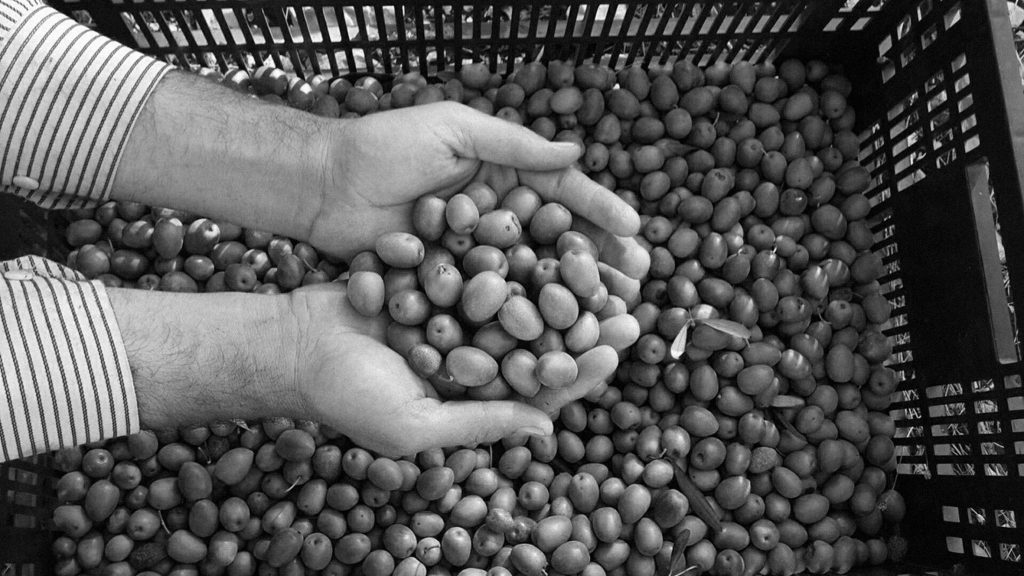
Fin dall’inizio dell’occupazione israeliana, la terra è diventata oggetto di conflitto. Questo perché il governo israeliano vuole appropriarsi dei territori palestinesi senza che vi vivano le persone a cui appartengono e allo stesso tempo vuole privare queste stesse persone dal coltivare i propri terreni e oliveti. Parallelamente, alla medesima area geografica Israele applicherà due differenti sistemi legali: gli occupanti israeliani verranno trattati secondo la legge israeliana, mentre per i palestinesi che abitano a poche centinaia di metri da loro, si applicheranno la legge giordana e le leggi del periodo del mandato inglese. Se questo non è apartheid, allora che cos’è?!
Un accordo di pace è un accordo a cui due parti prima in conflitto arrivano ad aderire insieme, un accordo che entrambe condividono e che porta pace e giustizia: questo piano non è niente di tutto ciò. Dà a Israele un lascito governativo per annettere a sé le nostre terre occupate.
Questo piano è intrinsecamente ingiusto e motivato da un’agenda politica illegittima e profondamente immorale, portata avanti da due dei più sinistri personaggi politici sulla scena mondiale. È molto lontano dall’offrire una soluzione, per non parlare di una giusta soluzione, a questo lungo conflitto.
Questo piano è l’opposto di quello che può essere un accordo di pace, non porterà mai a una vita sicura per nessuna delle due parti, al contrario non farà altro che acuire ulteriormente il conflitto, portarci sulla strada del dolore continuo e di una protratta instabilità nel Medio Oriente intero.
Questo porterebbe a una perdita emotiva indescrivibile, assieme alla chiara perdita economica che risulterebbe dall’essere privati di questa terra produttiva. Una situazione del genere non porterà pace, ma accenderà soltanto violenza e odio, non lasciando agli agricoltori nessun’altra scelta che la resistenza.
*Fareed Taamallah è un giornalista, attivista per la pace e agricoltore palestinese, vive nella città di Ramallah, in Cisgiordania.
** Il termine bantustan (homeland, terra natìa) prende piede per la prima volta sul finire degli anni ’40 e si riferisce ai territori del Sudafrica e della Namibia assegnati alle etnie nere dal governo sudafricano bianco, il National Party, e designando di fatto luoghi dell’apartheid.
Le diverse etnie nere furono costrette a trasferirsi nei bantustan loro assegnati, e le loro possibilità di spostarsi sul territorio sudafricano furono fortemente limitate.
I bantustan erano ufficialmente regioni autogovernate, ma di fatto dipendenti dall’autorità del governo sudafricano bianco.
Bantustan viene più largamente usato in senso negativo per riferirsi a tentativi reali o percepiti di creare stati o regioni su base etnica.
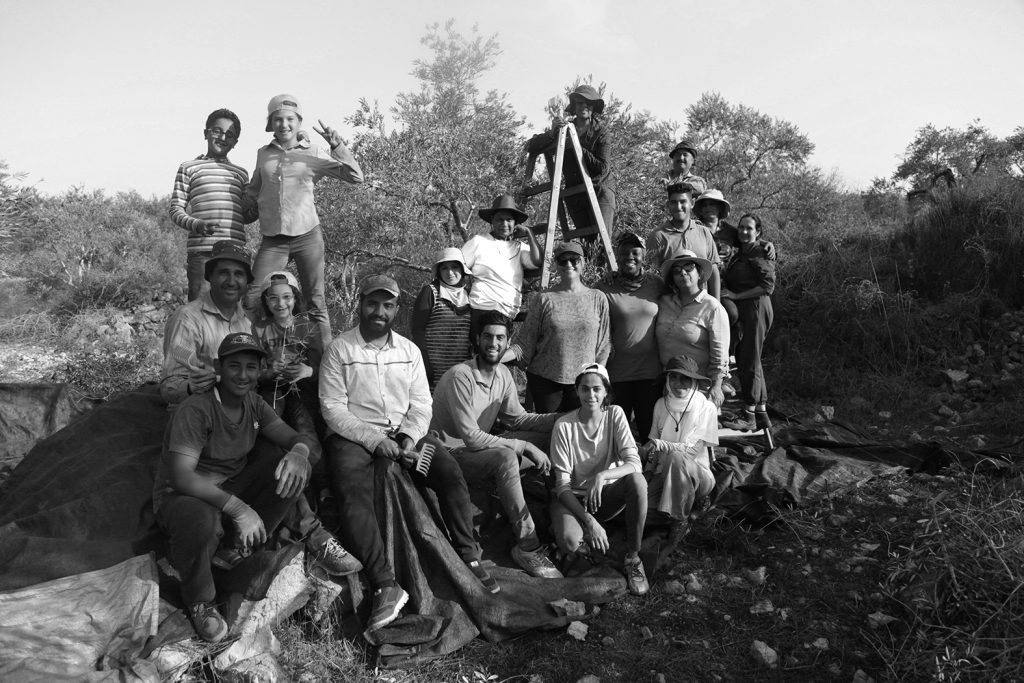
TRUMP’S DEAL WILL RESULT IN THE LOSS OF MY FARM
By Fareed Taamallah*
American President, Donald Trump unveiled his deal of the century, alongside Israeli Prime Minister, Benjamin Netanyahu, at the White House Last Month.
This plan intended to resolve the conflict between the Israelis and the Palestinians and to achieve “peace”. During the announcement ceremony, the Palestinian delegation was absent. The Palestinian leaders have since rejected the plan because the proposed settlement strongly favors the Israeli side and ignores the interest of the Palestinians.
Although Mr. Trump does not have the right to donate to Israel land owned by the Palestinian farmers, his plan gave Israel the green light to annex the illegal settlements in the West Bank. I think it is not a coincidence that the plan has been released while Trump and his friend Netanyahu are heading for elections and at the same time facing charges of corruption.
Trump’s plan divides the Palestinian territories in the West Bank into three separate Bantustans: the first is in the North including Jenin and Nablus, the second includes Ramallah and Jericho, and the third comprises Bethlehem and Hebron. Gaza itself is a separate Bantustan. This means that Palestinian land which was planned to be the future state of Palestine according to the two-state solution is torn into separate pieces linked by tunnels and bridges. The rest of the land, including the Jordan Valley and the settlements, will be annexed to Israel. No viable continuous state will be achieved.
Most of the land on which the Israeli settlements are built is privately owned by Palestinian individuals, mostly farmers, and was inherited from their Grandfathers. Those farmers will be deprived from cultivating their lands, only because Trump wants to win the elections and because he supports the Israeli Prime minister Netanyahu. Israeli politicians have always used Palestinian suffering, and caused more suffering, during the election campaigns to win more votes.
As a Palestinian farmer who owns a farm in Area C surrounded by Israeli settlements, I will suffer a lot as a result of this deal. I live and work in Ramallah, while my farm is located in my hometown, Qira, in the Salfit area.
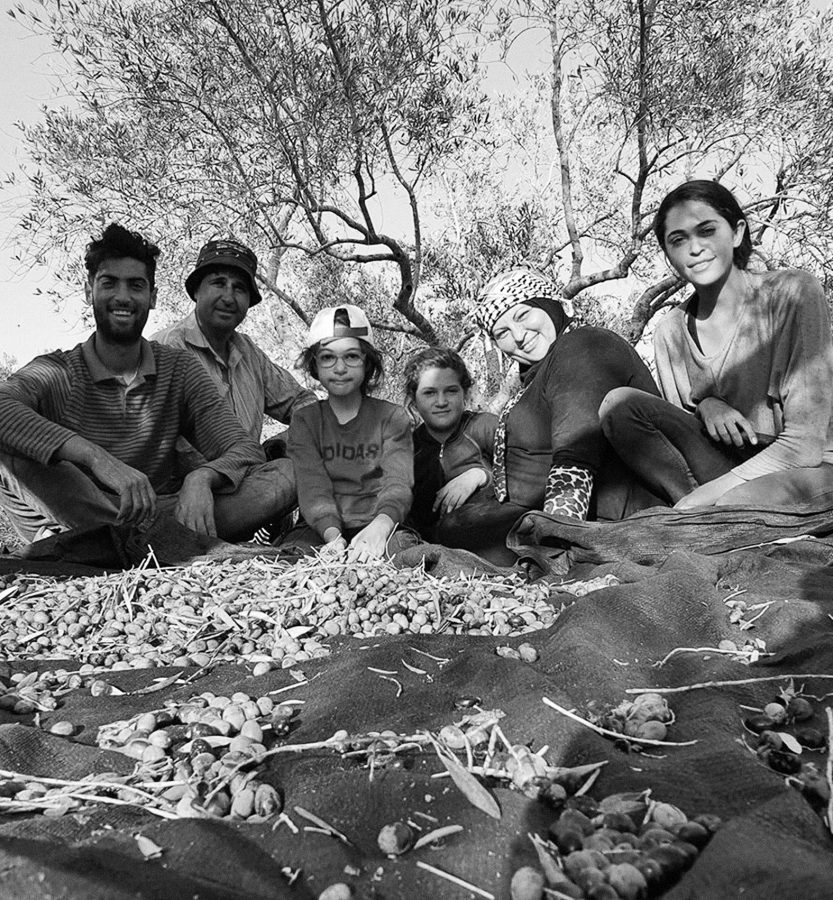
My village (including my farm) is located between the West Bank cities of Ramallah and Nablus. According to Trump’ plan, it will be stuck in a nowhere hole between the northern Bantustan and the middle one. It is not clear if my hometown will be annexed to Israel, or whether it will be an isolated island among annexed Israeli settlements. In both scenarios, it will be difficult for me to cultivate my land which I inherited from my father who, in turn, inherited it from his grandfather.
My farm is planted with almond, fig and olive trees; some of them are 600-700 years old. From these, we consume fresh and dried figs, almonds and olive oil. Last season, we produced three tons of olive oil from our farm. Since childhood, I used to cultivate the land with my mother, as we lived off of it exclusively. Many trees that today stand on the farm were planted by my mum and dad, while others I planted with my own children, as we spent weekends working on the land and enjoying its bounties. Every year, my friends – from Palestine and all over the world, from Britain. Italy to the US to South Africa – come to lend a hand during the olive harvest.
If this plan is implemented, I am afraid that I will no longer be able to enter my farm and cultivate as I used to, and that I will lose the land and trees I inherited from my father and grandfather. It could end up annexed to an Israeli settlement, in preparation for the transfer of its ownership to Israeli settlers.
As a farmer, nobody asked for my opinion, nor for the opinion of the Palestinian leadership, which was absent when the deal was drafted and when it was released. Palestinians have no option but to resist this proposal. This will lead to instability, which will last for a long time, and this might very well result in the loss of my farm, which my family and I have cultivated since always.
Netanyahu said that he will start land annexation, as per Trump’s plan, very soon. That means I may not be able to harvest the fruit of my trees during the next season.
Since the beginning of Israeli occupation, land has been the subject of conflict. That is because the Israeli government wants to get hold of Palestinian land without the people who own it living there, while also wanting to deprive them from cultivating their farms and groves. Also, there will be two different legal systems applied by Israel to the same geographical area: the Israeli settlers will be treated according to the Israeli law, while Palestinians living only a few hundred meters from them, will be treated according to the Jordanian law and the laws which applied during the British mandate period. If this is not Apartheid, then what do we call this system?!
A peace agreement is something which both sides share and agree on, which will bring justice and peace, while this plan is nothing of this kind. It gives Israeli government license to annex our occupied land.
This plan is inherently unjust, and motivated by an unlawful and profoundly immoral political agenda, pursued by two of the most sinister political figures on the world stage. It is far from offering a solution, let alone a fair one, to this very long conflict.
This plan is the opposite of peace, it will never ensure a life of security for any side, on the contrary, it is a recipe to further inflame the conflict and place us all on the path of endless grief and protracted instability in all the Middle East.
This would lead to an indescribable emotional loss, alongside the financial loss of this productive land. Such a situation will not achieve peace, but will only inflame hatred and violence, giving farmers no choice but to resist.
*Fareed Taamallah, is a Palestinian journalist, peace activist and a farmer lives in the West Bank city of Ramallah.
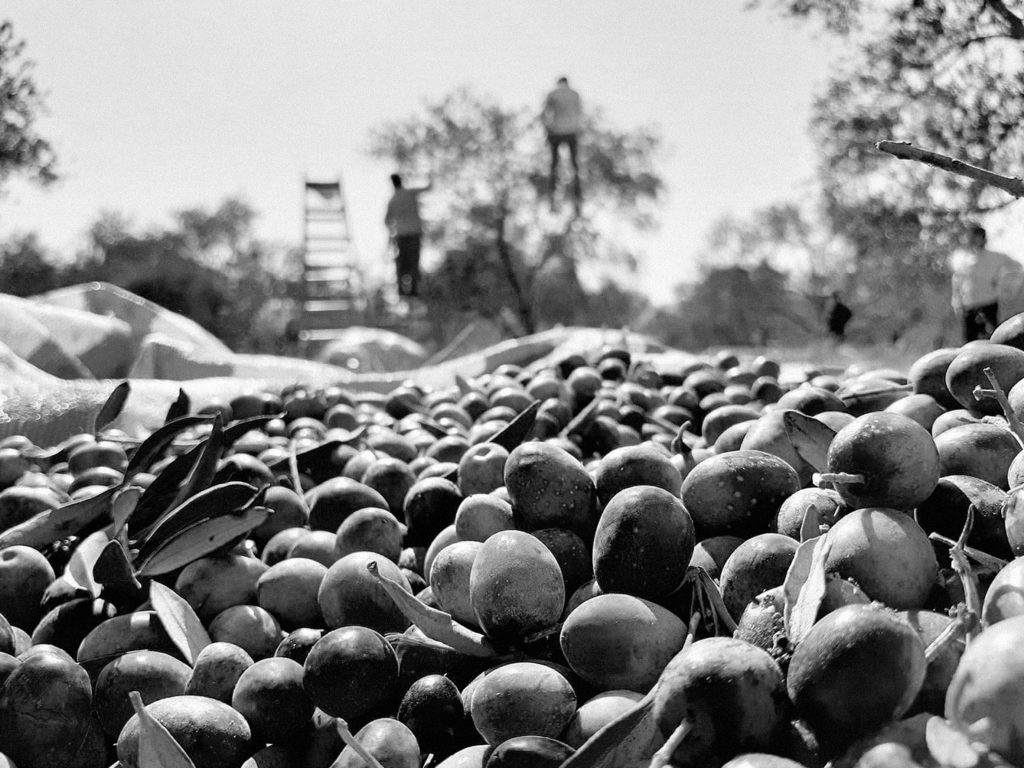
da L’Almanacco de La Terra Trema. Vini, cibi, cultura materiale n. 16
16 pagine | 24x34cm | Carta cyclus offset riciclata gr 100 | 2 colori
Last modified: 19 Giu 2020

